Bosnia, Serbia, Montenegro on security cooperation
Bosnia-Herzegovina, Serbia, and Montenegro have signed the Statement on Cooperation in the Security Sector.
Friday, 13.09.2013.
17:02

SARAJEVO Bosnia-Herzegovina, Serbia, and Montenegro have signed the Statement on Cooperation in the Security Sector. The document was signed in Sarajevo on Friday by Bosnia's Minister of Security Fahrudin Radoncic, Serbian Prime Minister and Interior Minister Ivica Dacic and Montenegrin Interior Minister Rasko Konjevic. Bosnia, Serbia, Montenegro on security cooperation In a joint statement, the ministers confirmed the intention to continue regional cooperation in the fight against organised crime and all forms of terrorism. Addressing a news conference, the Serbian prime minister said that in this context, the EU sees the Western Balkan region as one whole, which is only logical since organised crime rings comprise citizens of all countries in the territory of former Yugoslavia. Dacic said that Serbia, Bosnia and Montenegro have successfully set up a joint front to counter activities of such rings. “Individually, our capacities are rather limited, but together, our voice is stronger,” he said and noted that this is especially important in the case of false asylum seekers. Dacic said that a reintroduction of EU's visa regime for Western Balkan countries would be "fatal" for their EU integration process, and he called on EU members to cancel the privileges which induce false asylum-seekers to seek asylum there. Radoncic said that his talks with Serbian and Montenegrin officials covered the necessary measures which need to be carried out in the field so as to overcome the challenges which the three police services in the region are facing, with a view to increasing the security of citizens in the entire region. The officials attached major importance to the reinforcement of cooperation in the fight against organised crime, implementation of joint measures in prevention, identification and fight against terrorism. “Thus we clearly showed that through police cooperation and exchange of information, we can efficiently counter organised crime,” Radoncic said, as reported by Bosnian media. He reiterated that such an approach led to several successful actions in which the police arrested members of crime rings in a number of regional countries. Radoncic underscored that Bosnia, Serbia and Montenegro are firm in their commitment to the EU integration process, and added that through positive regional relations, they wish to show they can be reliable partners to the EU. He said that the three countries intend to set up efficient and timely exchange of information in the fight against cross-border threats and modes of international crime through the Joint Centre for International Cooperation in Trebinje, Bosnia. Konjevic confirmed that his country is willing to continue with the regional police cooperation. He also suggested that a regional firefighting center should be set up in Montenegro that would be in charge of coordination of efforts in the fight against natural disasters, the media in the region reported. A view of Sarajevo (sxc.hu, stock) Tanjug
Bosnia, Serbia, Montenegro on security cooperation
In a joint statement, the ministers confirmed the intention to continue regional cooperation in the fight against organised crime and all forms of terrorism.Addressing a news conference, the Serbian prime minister said that in this context, the EU sees the Western Balkan region as one whole, which is only logical since organised crime rings comprise citizens of all countries in the territory of former Yugoslavia.
Dačić said that Serbia, Bosnia and Montenegro have successfully set up a joint front to counter activities of such rings.
“Individually, our capacities are rather limited, but together, our voice is stronger,” he said and noted that this is especially important in the case of false asylum seekers.
Dačić said that a reintroduction of EU's visa regime for Western Balkan countries would be "fatal" for their EU integration process, and he called on EU members to cancel the privileges which induce false asylum-seekers to seek asylum there.
Radončić said that his talks with Serbian and Montenegrin officials covered the necessary measures which need to be carried out in the field so as to overcome the challenges which the three police services in the region are facing, with a view to increasing the security of citizens in the entire region.
The officials attached major importance to the reinforcement of cooperation in the fight against organised crime, implementation of joint measures in prevention, identification and fight against terrorism.
“Thus we clearly showed that through police cooperation and exchange of information, we can efficiently counter organised crime,” Radončić said, as reported by Bosnian media.
He reiterated that such an approach led to several successful actions in which the police arrested members of crime rings in a number of regional countries.
Radončić underscored that Bosnia, Serbia and Montenegro are firm in their commitment to the EU integration process, and added that through positive regional relations, they wish to show they can be reliable partners to the EU.
He said that the three countries intend to set up efficient and timely exchange of information in the fight against cross-border threats and modes of international crime through the Joint Centre for International Cooperation in Trebinje, Bosnia.
Konjević confirmed that his country is willing to continue with the regional police cooperation.
He also suggested that a regional firefighting center should be set up in Montenegro that would be in charge of coordination of efforts in the fight against natural disasters, the media in the region reported.










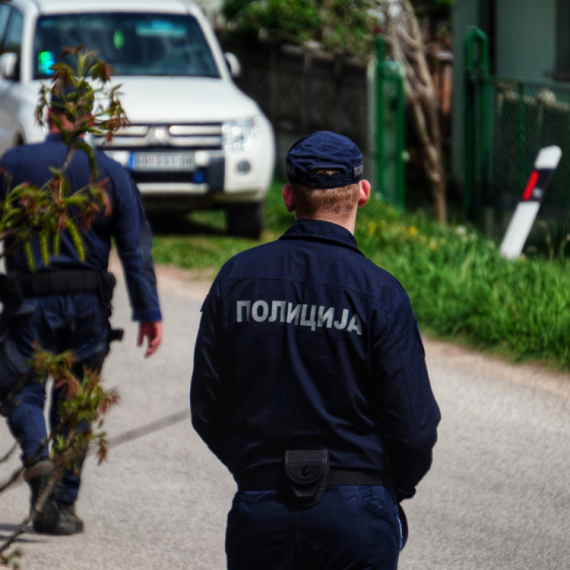





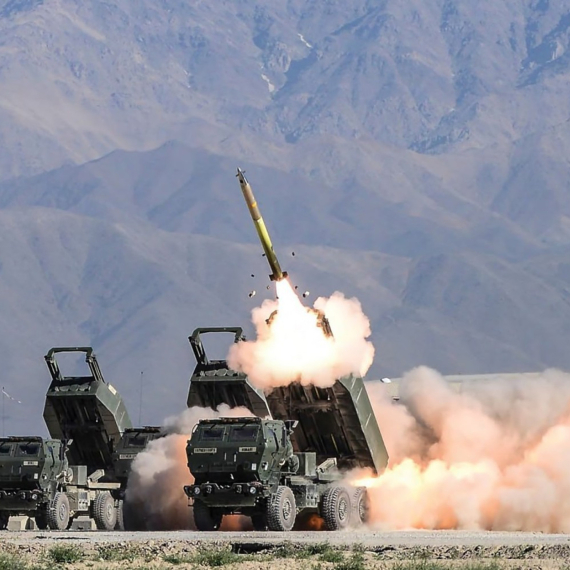
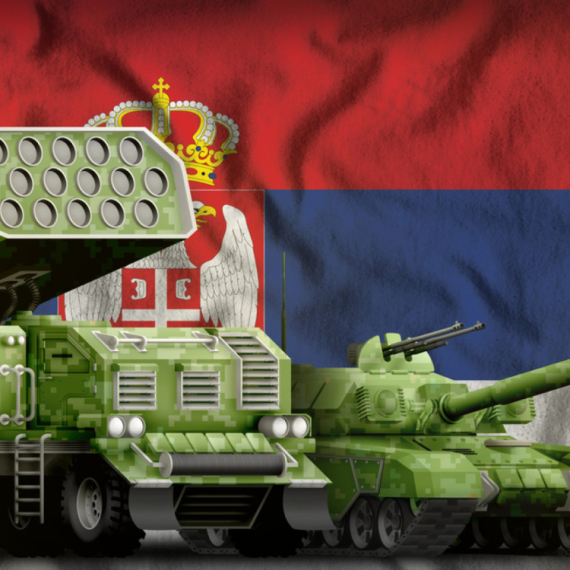










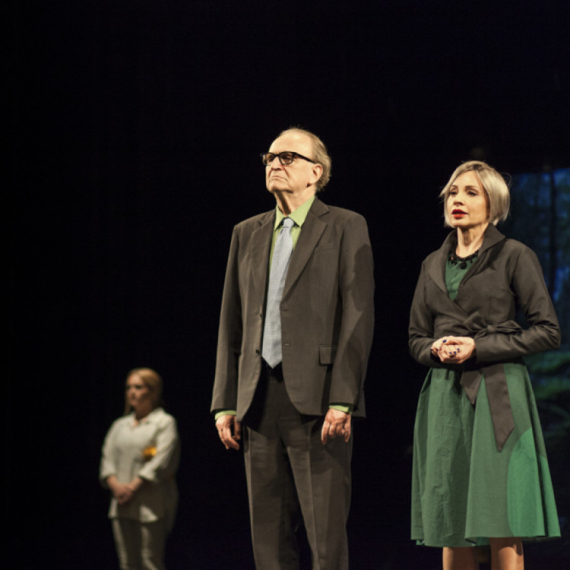



















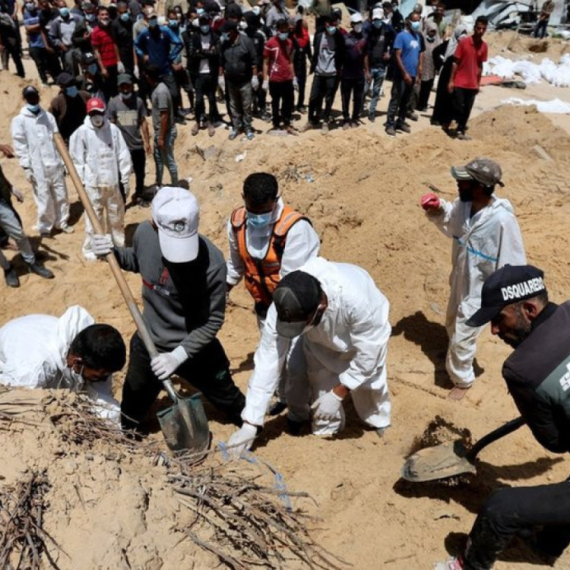




Komentari 1
Pogledaj komentare